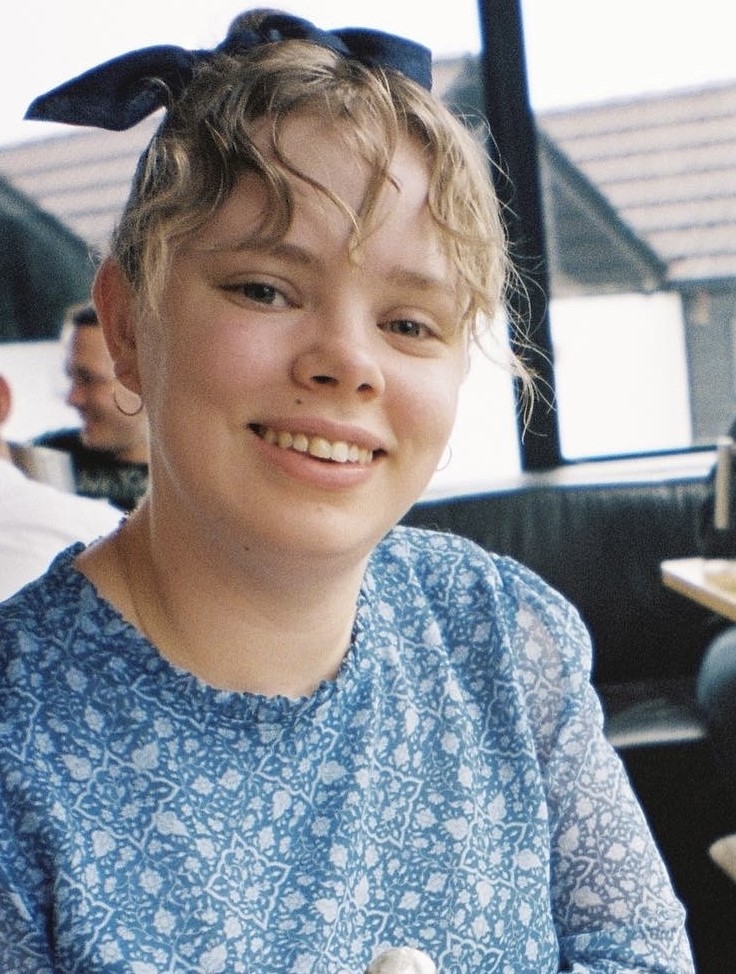Systemic failures in drinking water systems can result in significant health risks. Aotearoa faces a major drinking water infrastructure deficit of ~$120-185bn by 2050. The quality of the drinking water network in Aotearoa is sub-optimal and presents a public health risk. This project will examine the association between unplanned drinking water network outages and enteric disease notifications using a case-crossover study design.
The exposure assessment will leverage three large drinking water datasets which have been collated, standardised and published over the last four years by the supervision team as part of multiple projects (including a Te Niwha project). These include data on the quality and material of each drinking water pipe in Aotearoa, the spatial extent of publicly-owned water networks and the collation of the only national longitudinal dataset of drinking water quality. Enteric disease data will be collected from national notification data which include campylobacteriosis, cryptosporidiosis, giardiasis, salmonellosis, and E. coli infections and associated socio-demographic information. Our study uses a case-crossover study design which compares exposure to unplanned water outages in “case” periods (a period likely associated with a disease notification) to “control” periods (a period not associated with a disease notification).
>> FINAL REPORT SUMMARY (PDF) September 2025


